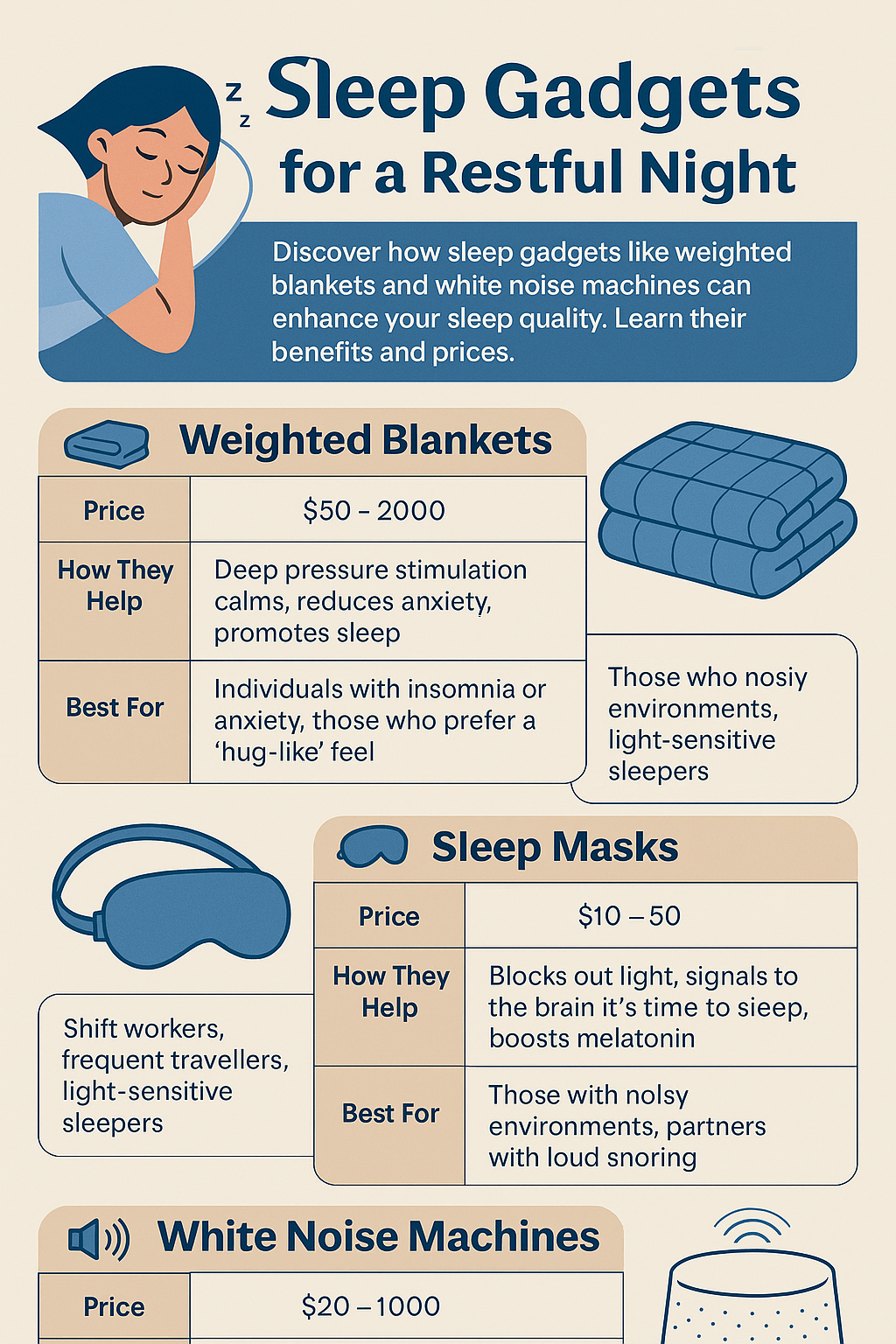🕒 Smartwatches vs. Fitness Trackers: Which One is Right for You?
Can’t decide between a smartwatch and a fitness tracker? Explore the key differences in features, design, health capabilities, and pricing to make an informed decision that fits your lifestyle and goals.
🌟 Introduction
In today’s health-conscious and tech-savvy world, wearable technology has become a vital companion for millions. Whether you’re an athlete, a busy professional, or just someone wanting to keep tabs on their health, a smartwatch or fitness tracker can be a powerful tool. But with so many overlapping features and flashy marketing, how do you choose the right one?
This guide breaks down the differences between smartwatches and fitness trackers — from features and form factor to price and performance — to help you decide which suits your lifestyle best.
🔍 What Is a Smartwatch?
A smartwatch is essentially a mini smartphone for your wrist. While fitness is part of its functionality, its main appeal lies in connectivity and convenience. Think notifications, music control, voice assistants, contactless payments, and app support.
Popular models include:
- Apple Watch Series (SE, 9, Ultra)
- Samsung Galaxy Watch
- Google Pixel Watch
Smartwatches are best suited for people who want:
- A blend of productivity and health tracking
- High customization through apps
- Seamless integration with smartphones
🏃♂️ What Is a Fitness Tracker?
A fitness tracker is designed with a singular mission: monitor your health and activity. It focuses heavily on steps, calories, sleep patterns, and heart rate monitoring. They are usually lighter, have longer battery life, and fewer distractions.
Top options include:
- Fitbit Charge Series
- Xiaomi Mi Band
- Garmin Vivosmart
Fitness trackers are ideal for:
- Beginners or casual users
- People wanting long battery life
- Users who don’t need extensive smart features
📊 Feature Comparison: Smartwatch vs. Fitness Tracker
| Feature | Smartwatch | Fitness Tracker |
|---|---|---|
| Display | Large, touchscreen, vibrant | Slim, minimalistic |
| Notifications | Full support (texts, calls, apps) | Limited (basic texts, calls) |
| Battery Life | 1–2 days (some up to 5) | 5–14+ days |
| Apps | Supports third-party apps | Basic or no app ecosystem |
| GPS | Built-in (mostly) | May require phone connection |
| Price | $$$ – higher | $ – more affordable |
| Music & Calls | Yes, even standalone | Mostly no |
| Health Insights | ECG, Blood O2, body temp (in premium models) | Heart rate, steps, sleep, basic SpO2 |
| Customizability | Extensive (watch faces, apps, straps) | Limited |
| Durability | Often water-resistant, sporty | Usually lighter and simpler |
❤️ Health & Fitness Tracking: How Deep Does It Go?
- Smartwatches often include advanced metrics like:
- ECG readings (Apple Watch, Galaxy Watch)
- Blood oxygen monitoring
- Fall detection and emergency SOS
- Temperature sensing
- Fitness coaching (via apps)
- Fitness Trackers typically focus on:
- Steps, distance, calories
- Sleep stages and heart rate
- Basic SpO2 and stress levels
- Activity reminders
Note: For intense athletes, brands like Garmin and Polar offer fitness trackers with pro-grade metrics — blurring the lines.
🪙 Pricing: What Are You Paying For?
- Fitness Trackers range from $30–$150, making them an affordable entry into wearables.
- Smartwatches start around $150 and can exceed $500+ for high-end models with LTE, sapphire glass, or premium designs.
If budget is a concern, fitness trackers offer excellent value. If you’re seeking a device that can almost replace your phone in many contexts, a smartwatch is worth the investment.
🧠 Usability & User Experience
- Smartwatches feel more like extensions of your smartphone. They come with voice commands (Siri, Google Assistant, Bixby), high-resolution displays, and extensive features—but can feel bulky for smaller wrists.
- Fitness Trackers are more lightweight and subtle. They’re designed to be “set and forget,” quietly collecting data in the background.
Pro Tip: If you’re looking for distraction-free wellness tracking, fitness trackers are the clear winner.
🤔 So, Which One Should You Choose?
| If You Want… | Choose |
|---|---|
| All-in-one device with productivity tools | Smartwatch |
| Affordable, no-fuss health tracking | Fitness Tracker |
| Access to apps, messages, and music | Smartwatch |
| Long battery life & simplicity | Fitness Tracker |
| Deeper fitness metrics for athletes | Depends (Smart Garmin Watch or High-end Tracker) |
🖼️ Infographic Summary
Attached below is a high-quality infographic summarizing the key differences. Ideal for sharing on blogs, Pinterest, or Instagram:
📎 Smartwatches vs Fitness Trackers – Comparison Infographic
📝 Final Thoughts
There’s no one-size-fits-all solution. Choosing between a smartwatch and a fitness tracker depends on your lifestyle, budget, and goals. Whether you want a sleek tool to stay connected or a discreet fitness buddy, the right wearable can genuinely empower you to live better and smarter.


